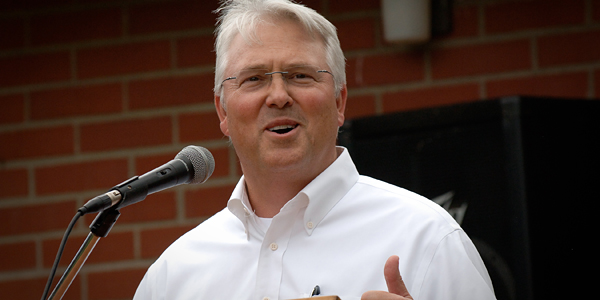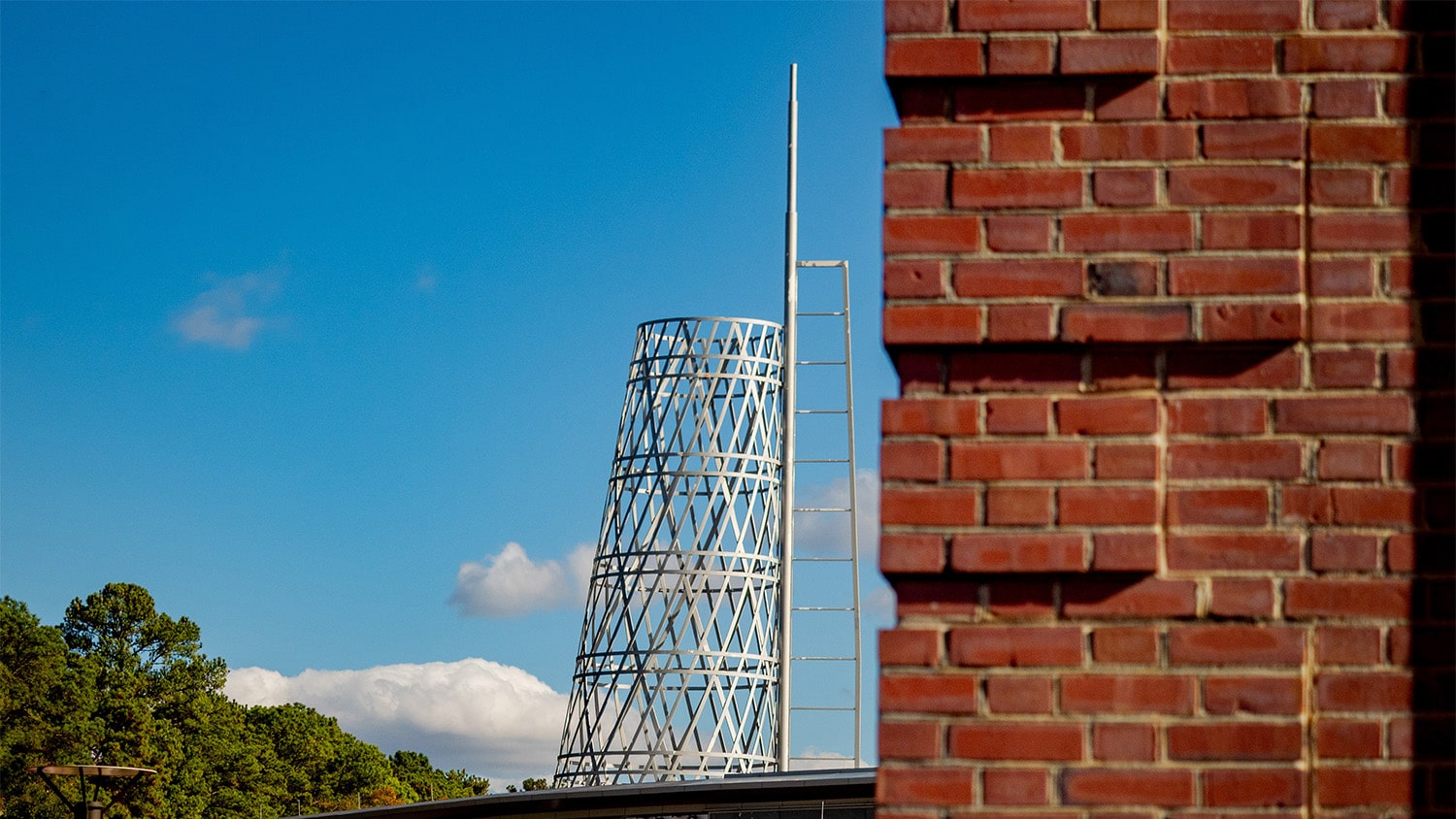5 Questions With the Chancellor

Chancellor Randy Woodson stepped into one of the top leadership roles in higher education this week as he was elected chair of the board of directors of APLU, the Association of Public and Land-grant Universities. Woodson took a break from the organization’s annual meeting in Washington D.C. to discuss the issues confronting higher education and his plans for the coming year at the helm of the APLU board.
Q: Explain what your election as the chair of the board of APLU means to you?
APLU is the leading organization in the country representing public and land-grant universities. It’s the professional organization that all of us who serve in public higher education, particularly those of us who have the land-grant tradition, have always looked up to as representing our interest broadly in Washington. For me, personally, it’s an organization that I have always been affiliated with in different capacities, and to be elected to serve as chair of the board is for me a great honor. It’s also great for NC State because it puts our university in a position to be front and center as we discuss all the issues we face in higher education.
Q: What are some of the most pressing issues that face this organization and higher education?
One of the reasons I am so excited to serve now is that I don’t think there has ever been a more critical time in the history of public universities. There are a lot of issues we are grappling with, so I think over the next year we are going to continue to be focused on affordability and how public universities can continue to be accessible and affordable to the citizens in their states. In the national debate we are currently having about return on investment, we need to ask whether colleges and universities are doing all they can to produce graduates who are valuable to the marketplace. This has become a national issue because President Obama and the Department of Education are really focused on being very transparent on the success rates of graduates of various universities, what their starting salaries are, what their job prospects are. It’s a very important time for public education and public universities to continue to remind the citizens of their states, and in APLU’s case, the nation, about the value of higher education. It’s all about the value proposition of affordability versus return on investment.
Q: APLU has asked Congress and the president to address the “innovation deficit,” as federal research dollars are now becoming more limited through budget cuts and sequestration. What clarity are you looking for on behalf of APLU on the research side?
I think this is the other big issue we have to address. On the education side, it is affordability and access, and on the research side, it is the key role that public universities historically have played in the “innovation economy,” that is producing not only graduates but also, through the research that they do, stimulating the economy, particularly in areas of technological innovation. So APLU is concerned about sequestration, the lack of consensus in Congress on budgets for various agencies and whether Congress will pass budgets that will allow the critical investments that our government makes in research.
Q: The challenges of education and research are fairly constant. What new concerns are coming over the horizon?
I think a third issue where APLU will get involved is in immigration. That’s a big topic of conversation as people come from all over the world to study in America and then don’t always have opportunities here because of challenges with immigration. Frankly, we are facing challenges because people have come to America to work and find themselves not in the position to benefit from higher education.
Q: How does NC State’s strategic plan and its implementation mesh with the broader challenges and issues facing APLU?
I think it is right smack dab in the middle when you think of what we are trying to do at NC State: putting our students first, making sure they are successful and giving them the skills they need to be successful in the marketplace. We are structuring the university in a way that gets the best value out of the dollars that are invested by the state. We are working hard to have organizational excellence so that the money that we get from tuition and from state appropriations can be used as much as possible for our educational mission. And we are working hard to hire and retain faculty and staff who can move the research agenda of the university forward. I think the issues we face in the state, the strategic plan of the university, are very consistent with the issues we face nationally. The role I will play in the coming year as both the chancellor of NC State University and as the chair of the board of APLU will help our university and public universities across the country move forward.


